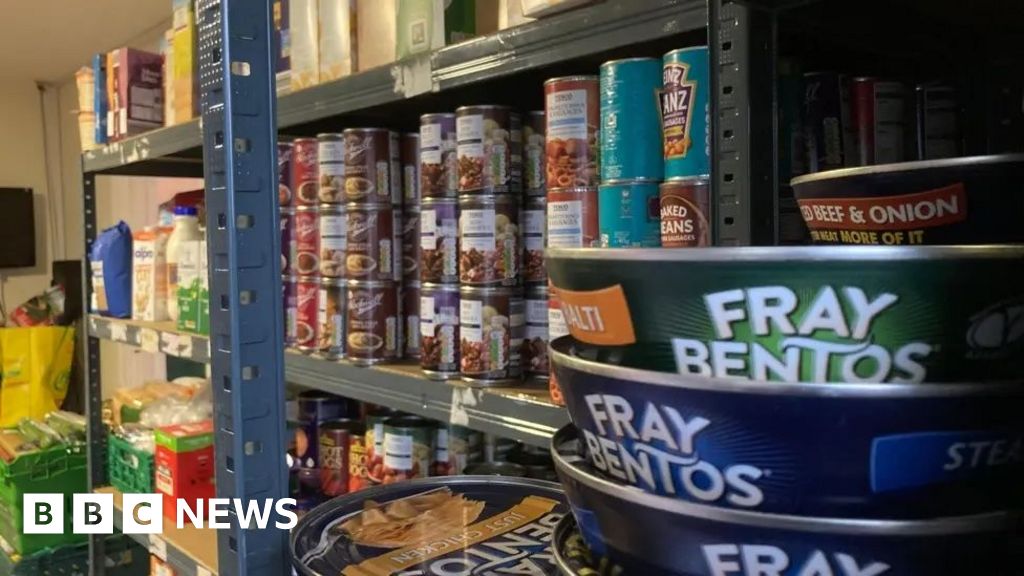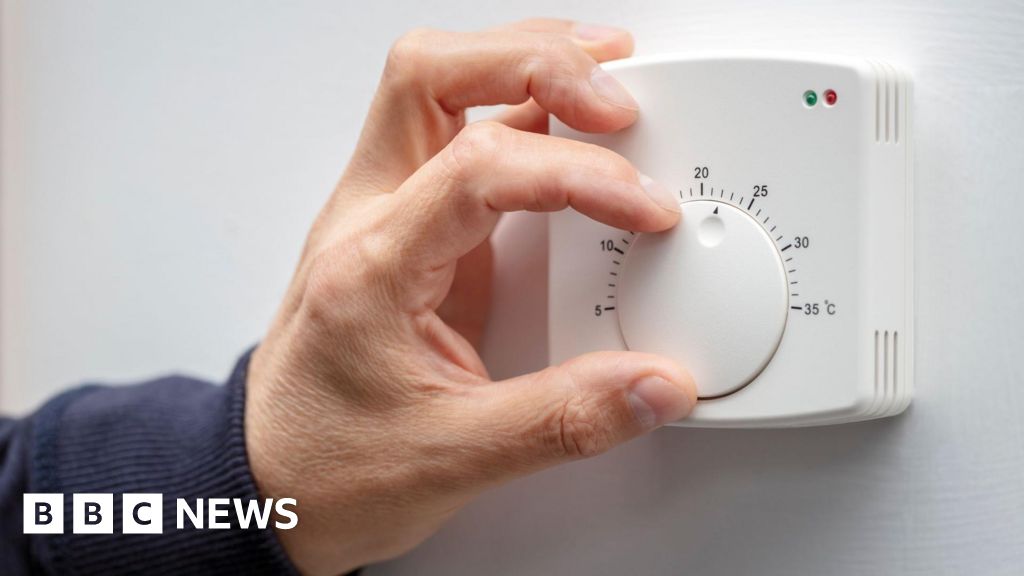ARTICLE AD BOX
By Kevin Peachey
Personal finance correspondent, BBC News
 Image source, Getty Images
Image source, Getty Images
The new Prime Minister, Liz Truss, has outlined her plans to deal with soaring energy bills faced by households and businesses.
At its heart is a move to limit the 80% rise in domestic bills that was earmarked for October.
This is what it means for you.
How much will I pay?
You will still pay for the gas and electricity you use. But the government's Energy Price Guarantee will limit the price that suppliers can charge for each unit of energy.
For a typical household - one that uses 12,000 kWh (kilowatt hours) of gas a year, and 2,900 kWh of electricity a year - it means an annual bill will not rise above £2,500 from October. Without this intervention, that annual bill would have been £3,549 a year. Last winter it was £1,277 a year.
However, if you use more gas or electricity than that, you will pay more.
This guarantee will last for two years.
Will I have to pay it back?
Not directly on your bill on taxes. However, the government is paying for this by borrowing the money. That adds it to the pot of national debt. The prime minister says the cost will be outlined later this month.
In time, that could be paid for through taxation, but at the moment the government will borrow the money on international markets and pay a premium as a result.
So-called "green levies" will be moved off bills, and again paid for through borrowing on taxation.
Will I still get cost-of-living payments?
So far, a first instalment of £326 has been paid to low-income households on certain benefits and tax credits.
There is also a £400 discount on bills for all households over the winter.
These payments will only be paid this winter, under current plans, whereas the cap will be in place for two years. So, there will be an effective rise in what householders pay next winter.
Caps do not cover Northern Ireland. What happens to those household bills?
The government says that the same level of support will be provided to households in Northern Ireland, as it is in the rest of the UK.
However, this will require legislation.
I use heating oil, what about me?
The prime minister said a fund will be created to support those who are not covered by a cap.
This includes people who use heating oil in their homes, those who have communal heating schemes, and people in mobile home parks who pay the park owner rather than a supplier.
More details will come later, but this will be an extremely complex task.
For example, people in park homes do not yet know how they will receive the £400 discount available to everyone - and that was announced months ago.
I have a fixed deal - can I get out of it?
Fixed deals allow you to pay for energy at a set rate for a set period of time, but you are locked in.
Plenty of people whose fixed deals have expired in recent months may have considered fixing again, given the outlook of rising energy prices.
This has been an extremely expensive option, but one which some understandably chose to take given the eyewatering forecasts of soaring bills.
The prime minister did not mention fixed deals in her statement.
Campaigners say the government should tell suppliers to allow people to switch without penalties, but it could end up being something customers have to negotiate. If you fixed within the last 14 days, you can cancel without charge.

 2 years ago
42
2 years ago
42








 English (US) ·
English (US) ·